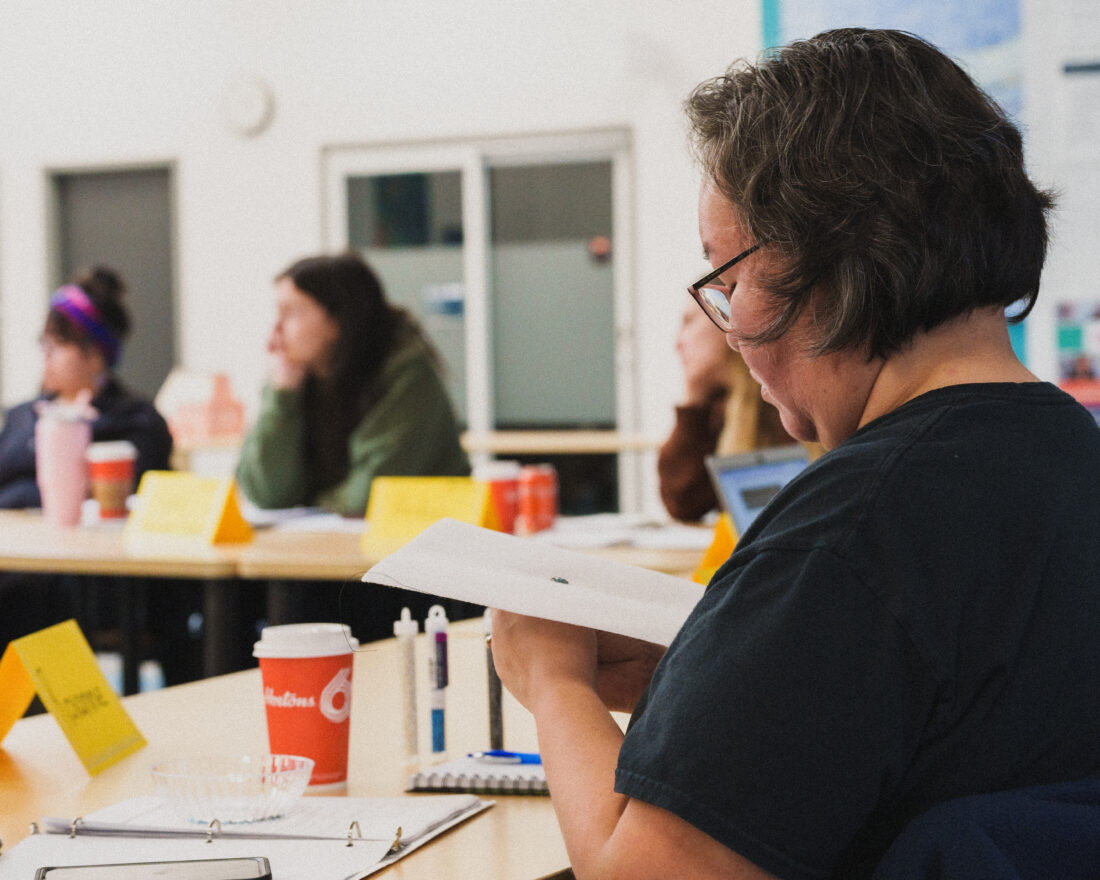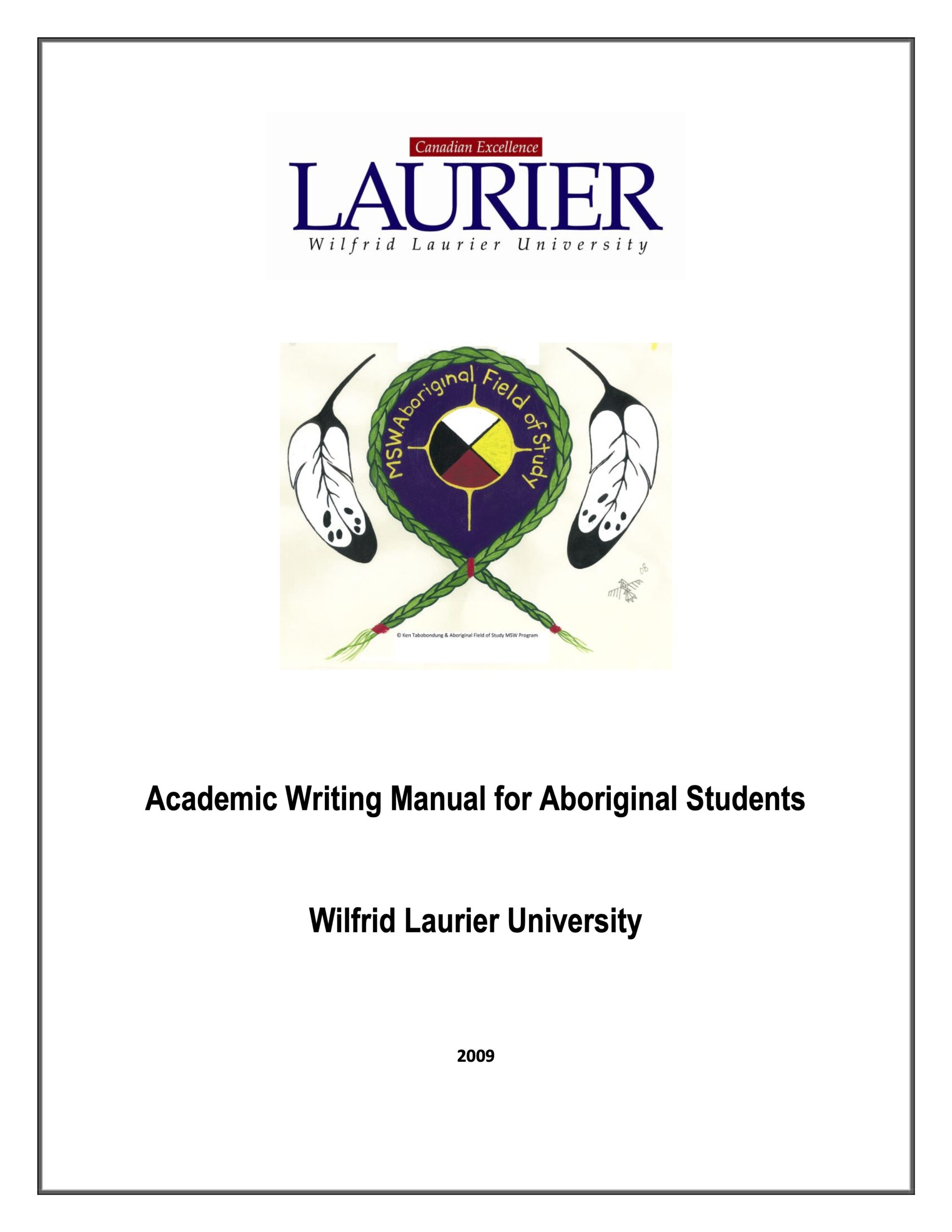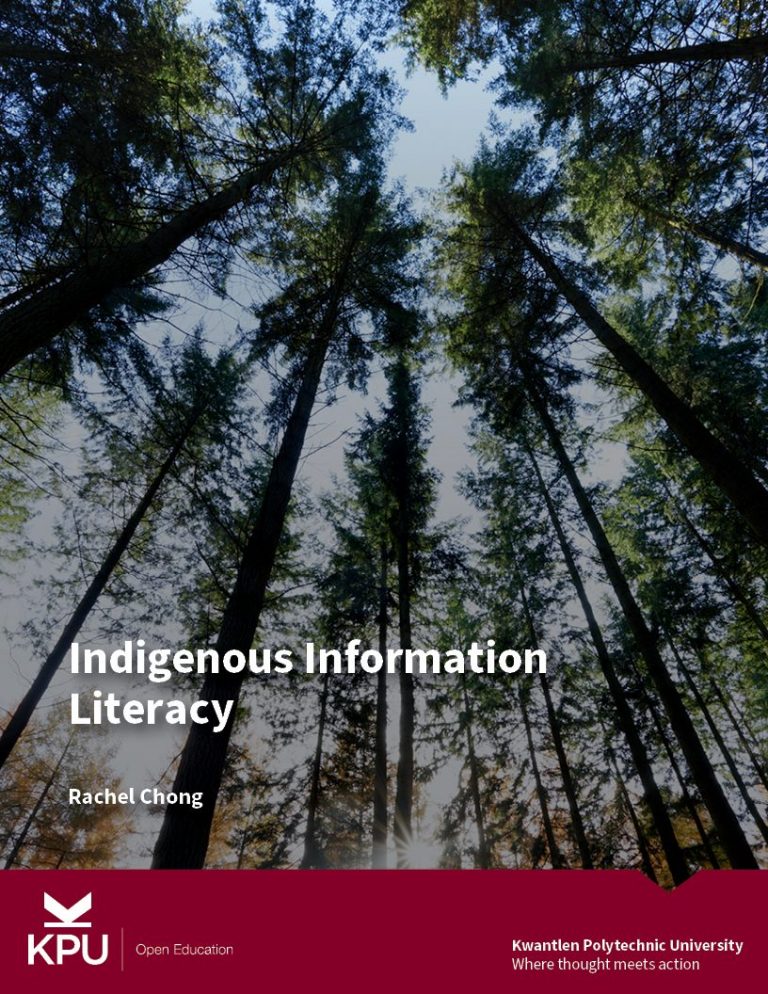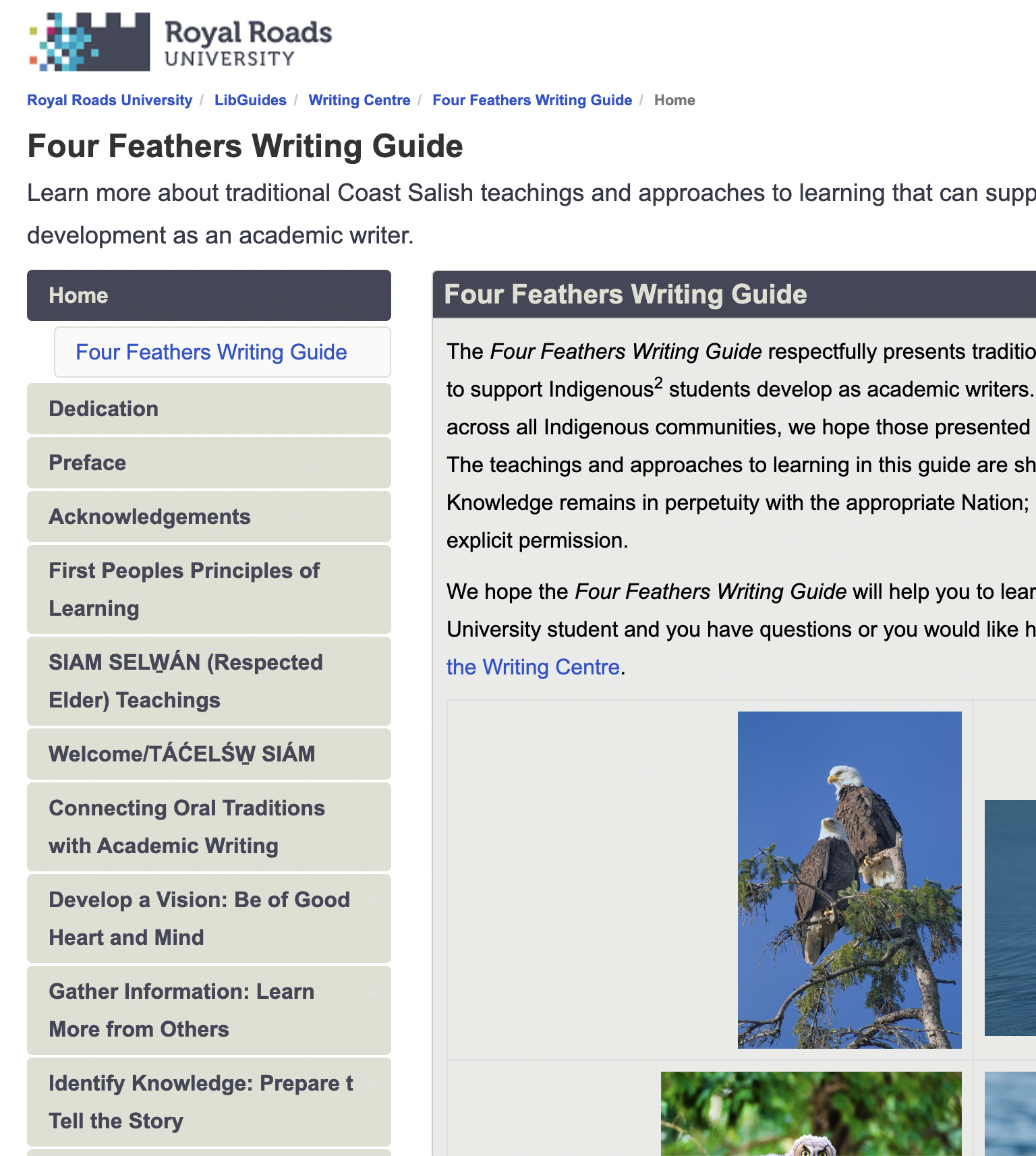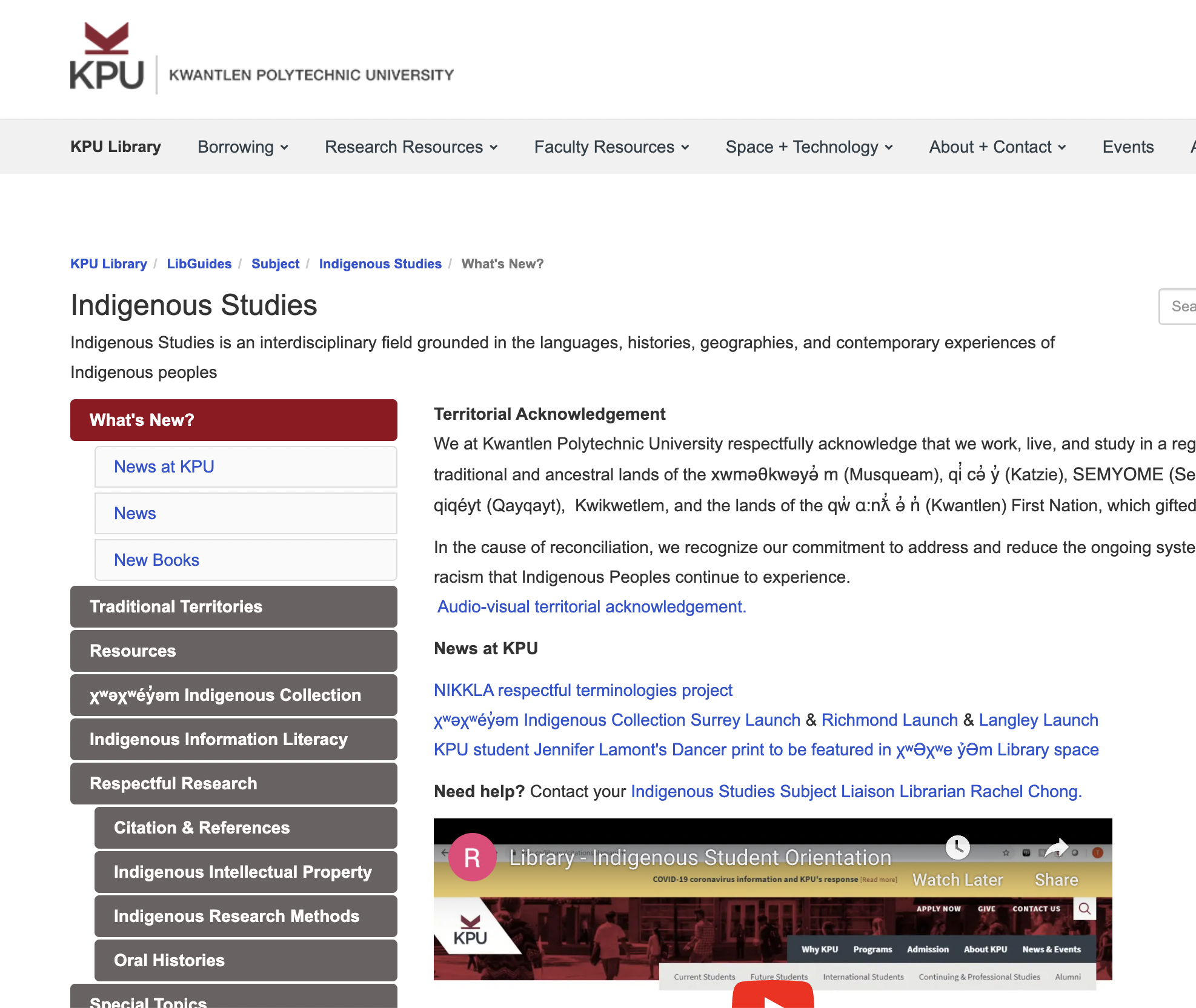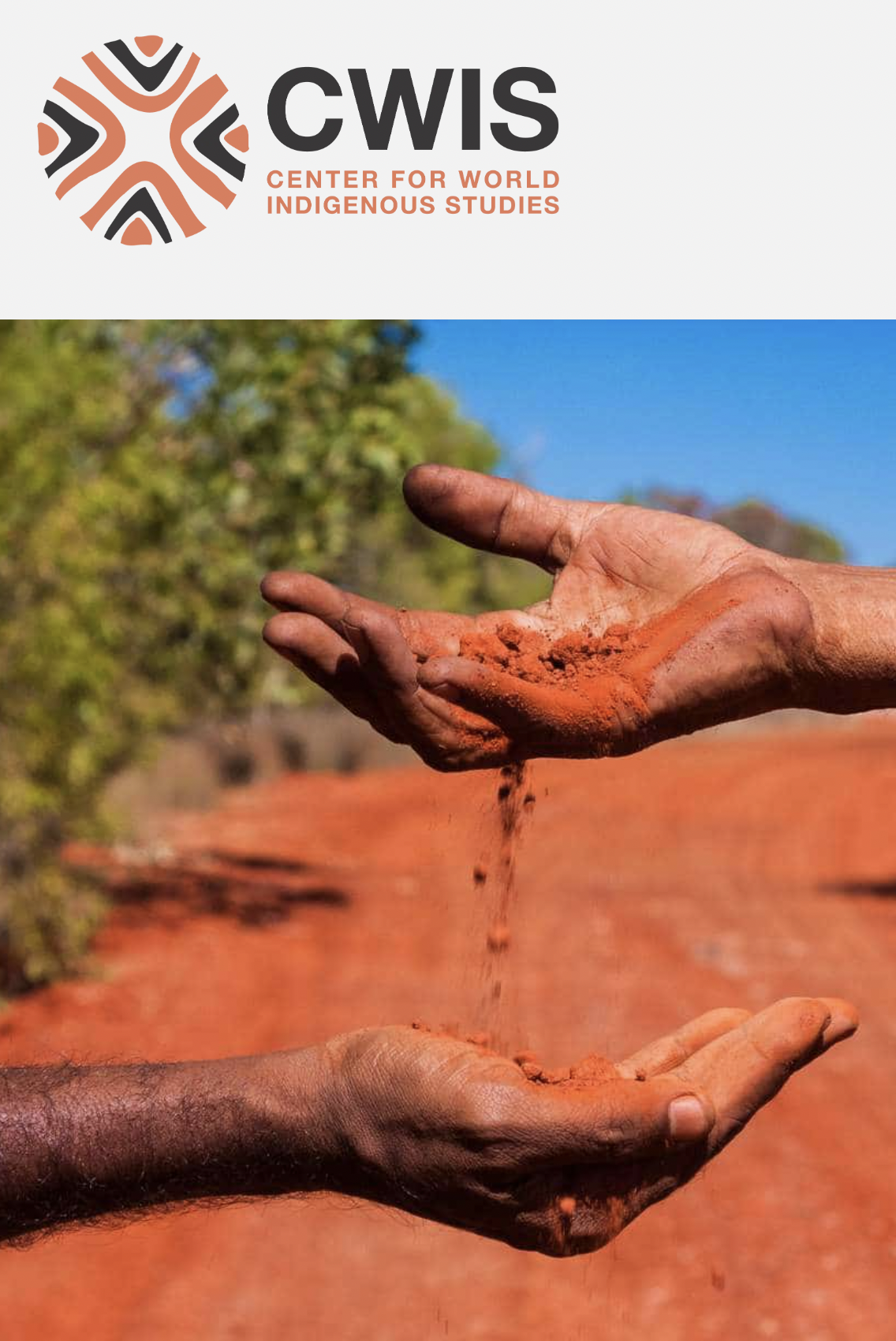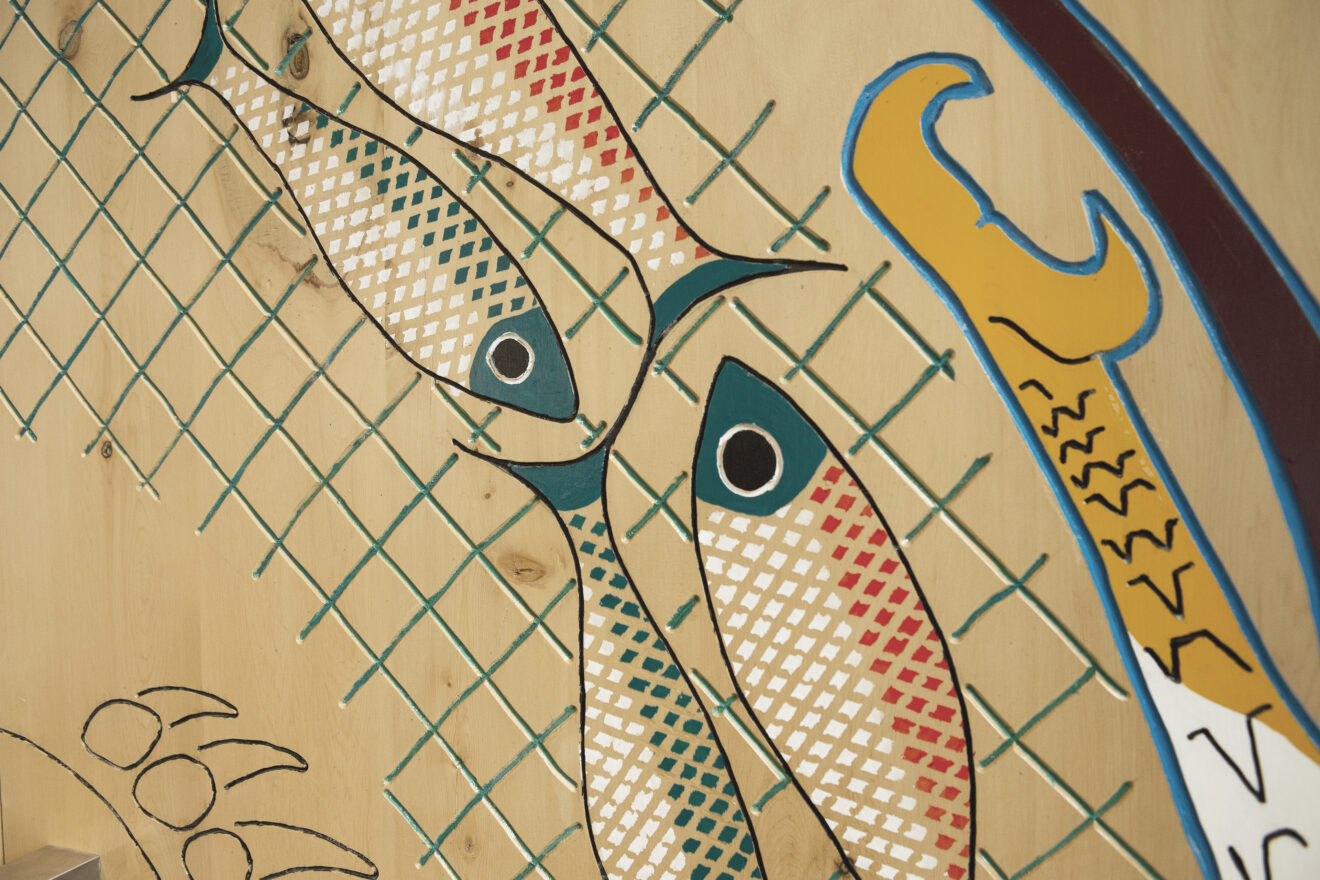
Resources
To support students in their Knowledge Making journey we’ve compiled some resources that can help in the process of researching, writing, and connecting with culture.
Getting Started
Where to begin?
After the initial spark of an idea and some planning, taking the next step to start your research can feel overwhelming. Luckily, the Canadian Undergraduate Research Network (CURN), created by Undergraduate researchers at TRU, offers a helpful and accessible resource to assist you along this journey.
From answering basic questions about research to guidance on getting involved and connecting with other researchers, they have you covered!
Reading Suggestions
1. Applying Indigenous Research Methods: Storying with Peoples and Communities by Sweeney Windchief and Timothy San Pedro
Applying Indigenous Research Methods focuses on the question of “How” Indigenous Research Methodologies (IRMs) can be used and taught across Indigenous studies and education. Each chapter is co-authored to model methods rooted in the sharing of stories to strengthen relationships, such as yarning, storywork, and many others. Each chapter offers a wealth of specific examples, as told by researchers about their research methods in conversation with other scholars, teachers, and community members.
2. Research is Ceremony: Indigenous Research Methods by Shawn Wilson
Indigenous researchers are knowledge seekers who work to progress Indigenous ways of being, knowing and doing in a constantly evolving context. This book describes a research paradigm that Indigenous scholars in both Canada and Australia share, and demonstrates how to put this paradigm into practice.
3. Decolonizing Methodologies by Linda Tuhiwai Smith
This essential volume examines how imperialism intersects with research, focusing on how imperialism embeds itself in knowledge disciplines and traditions as ‘regimes of truth.’ It discusses concepts like ‘discovery‘ and ‘claiming‘ and argues that decolonizing research methods will help reclaim control over Indigenous ways of knowing and being.
4. Indigenous Methodologies: Characteristics, Conversations, and Contexts, Second Edition by Margaret Kovach
Indigenous Methodologies is a groundbreaking text. Since its original publication in 2009, it has become the most trusted guide for studying Indigenous methodologies and universities around the world have adopted it in their courses. It provides a conceptual framework for implementing Indigenous methodologies and serves as a useful entry point for those wishing to learn more broadly about Indigenous research.
5. Decolonizing Research: Indigenous Storywork as Methodology by Jo-Ann Archibald
Decolonizing Research brings together Indigenous researchers and activists from Canada, Australia and New Zealand to assert the unique value of Indigenous storywork as a focus of research, and to develop methodologies that displace the colonial attitudes and narratives found in much past and current scholarship.
Indigenous Research Methodologies
Engaging with Indigenous Research
We’ve heard that understanding how to apply Indigenous methods of inquiry to research can be challenging, so we’ve developed a dedicated resource to address this. This website offers four modules that progressively enhance your competency in engaging with Indigenous research and grasping the practical implementation of various principles through Indigenous methods.
Whether you’re an Indigenous or non-Indigenous student, please feel free to explore the valuable research examples that may inspire you in your future endeavours.
Find a Subject Librarian
TRU’s Library staffs librarians that have specialized topics. If you have a topic in mind that you want to find more about check out this list to see which librarian would be able to best help.
Follow a Citation Trail
Have you found a resource that has a citation you think would add to your paper as well? Being able to track down resources from a reference list can be tricky. This guide provides step-by-step instructions on how to read a citation to locate a specific item in the TRU Library.
Indigenous Studies Page
This guide can aid you in kicking off your research. It can be used as a starting point as it outlines books, article databases, and other sources to guide students and faculty researching a topic within the field of Indigenous Studies.
Academic Writing
The Four Feathers Writing Guide shares First Peoples Principles of Learning (www.fnesc.ca), which offer fruitful ways to approach writing.
We can all benefit from understanding:
- Learning to write involves patience and time.
- Learning to write requires an exploration of one’s identity.
- Learning to write involves recognizing the consequences of one’s actions.
- Learning to write is holistic, reflexive, reflective, experiential and relational.
Indigenous Academic Writing Resources
Academic Writing Manual for Aboriginal Students published by Wilfred Laurier University
This manual is a support tool to help you achieve success on your journey, as an Indigenous Academic Writer. Each section is related to the Seven Grandfather Teachings: Respect, Love Honesty, Bravery, Truth, Humility and Wisdom.
Indigenous Information Literacy by Kwantlen Polytechnic University
This book outlines best principles for working with Indigenous print and oral sources in academic research. Topics include evaluating Indigenous print sources for credibility and authenticity, finding Indigenous authors, and respectfully working with Elders.
Four Feathers Writing Guide by Royal Roads University
The Four Feathers Writing Guide respectfully presents traditional Coast Salish1 teachings and approaches to learning to support Indigenous students’ development as academic writers. This guide discusses how to set out your intentions before research, connecting oral research with academic writing, identifying knowledge and sharing your voice.
Kwantlen Polytechnic University Indigenous Studies Resources
This interdisciplinary field grounds itself in the languages, histories, geographies, and contemporary experiences of Indigenous peoples. Multiple resources regarding how to cite oral knowledge, conduct research respectfully, find Indigenous health statistics and detailed information on historical as well as current Indigenous issues are available on this website.
The Center for World Indigenous Studies
This nonprofit website is a global community of Indigenous studies activists and scholars offering traditional medicine and Indigenous studies online courses, publishes a journal by and about Indigenous people, and offers opportunities for knowledge enhancement.
References
One of the most daunting parts of writing a paper is making sure that your sources are in order and you properly cite and reference everything. Luckily there are some great guides and tools that can help you to tackle the management and formatting of your sources.
APA Citation
APA citations are defined by the American Psychological Association and are a citation and format style that is very common in business, social sciences, and nursing.
This citation style is very formal and leans towards the formal citation of more traditional publications, with other less traditional references not requiring a formal citation in your reference list.
MLA Citation
MLA citations follow guidelines outlined by the Modern Language Association (MLA). The MLA citation style is used in English studies, foreign languages and literatures, and cultural studies.
These citations allow for formal citations of more types of resources. This allows for flexibility in who or what you are citing that APA may not. This can include things like personal interviews, music, or other more artistic works.
Using MS Word Reference Management
Microsoft is a useful tool to manage and create citations. Built right into Microsoft Word you are able to input the information about your reference. From there create intext citations and once you are finished have word create a full reference list for you.
However, a warning: It’s not perfect! So make sure to double-check that the intext citation and reference list has the required information. Regardless, it’s a great start if either of the citation formats seems extremely daunting.
TRU Writing Centre
Writing Centre can assist you by providing feedback on your writing. Their goal is to help you become a better, more confident writer, and they are around to help not just with assignments but any writing you need to do.
They have resources and templates. Currently, they are even doing online appointments! Within their website are also many grammatical exercises and examples to assist you.
Location: OM 1411
Hours: Monday – Friday, 10 a.m. – 4 p.m.
Phone: 250-852-7673
Email: writing_ctr@tru.ca
Cplul’kw’ten (The Gathering Place)
Cplul’kw’ten is a friendly and inviting Indigenous centre. They provide information on all aspects of university life and doubles as space to socialize, study or take a break. It is truly a home away from home.
It’s important to recognize it’s a culturally-safe space, an open space for people to come. It’s building a sense of belonging here. Indigenous students walk in two or more worlds. They can feel comfortable with who they are in this space and not explain who they are.
Vernie Clement
Elder in the House
Elders are available at Cplul’kw’ten and provide personal consultation, conversation, guidance, and mentorship to Indigenous students.
Elders engage with students using a variety of traditional Indigenous life skills including the ‘talking circle’, and Elder knowledge.
If you would like to spend some time with an Elder, drop into Cplul’kw’ten or book an appointment online.
Office of Indigenous Education
Reporting directly to the Provost and Vice-President Academic, The Office of Indigenous Education is the department that works with the deans, faculties, and departments to:
– Indigenize education across the campus
– Connect TRU with the surrounding Indigenous communities and organizations for research, partnerships, and collaboration.
-Provide specific support for Indigenous employees, students, and Indigenous communities.
Kamloops Aboriginal Friendship Society
Supporting all Indigenous people while in urban Tk’emlups the Secwepemc territory, KAFS provides culturally appropriate programs and inclusive services that meet the needs of Urban Indigenous people to become healthier, physically, mentally, emotionally, and spiritually.
Programs include:
– Child and family services
– Elders and cultural services
– Youth and education
– Health services
– Access to storage containers



